While there’s a common belief that all processed foods are bad for you, a popular cancer dietician is here to assure you that’s not always the case.
As a matter of fact, Nichole Andrews, RDN, (@oncology.nutrition.rd) says they can even be healthy for you.
WebMD defines processed foods as “any food that’s changed from its natural state. This can include food that was simply cut, washed, heated, pasteurized, canned, cooked, frozen, dried, dehydrated, mixed, or packaged. It also can include food that has added preservatives, nutrients, flavors, salts, sugars, or fats.” The health site, which is run by medical professionals, would agree with Andrews. It notes that some processed foods are healthy.
“Processed & packaged foods that DECREASE cancer risk,” Andrews shares via text overlay as she showcases some of the products.
Her video is clearly of interest to people as it’s been viewed 11,000 times in three days.
Ben’s Original Ready Rice Whole Grain Brown
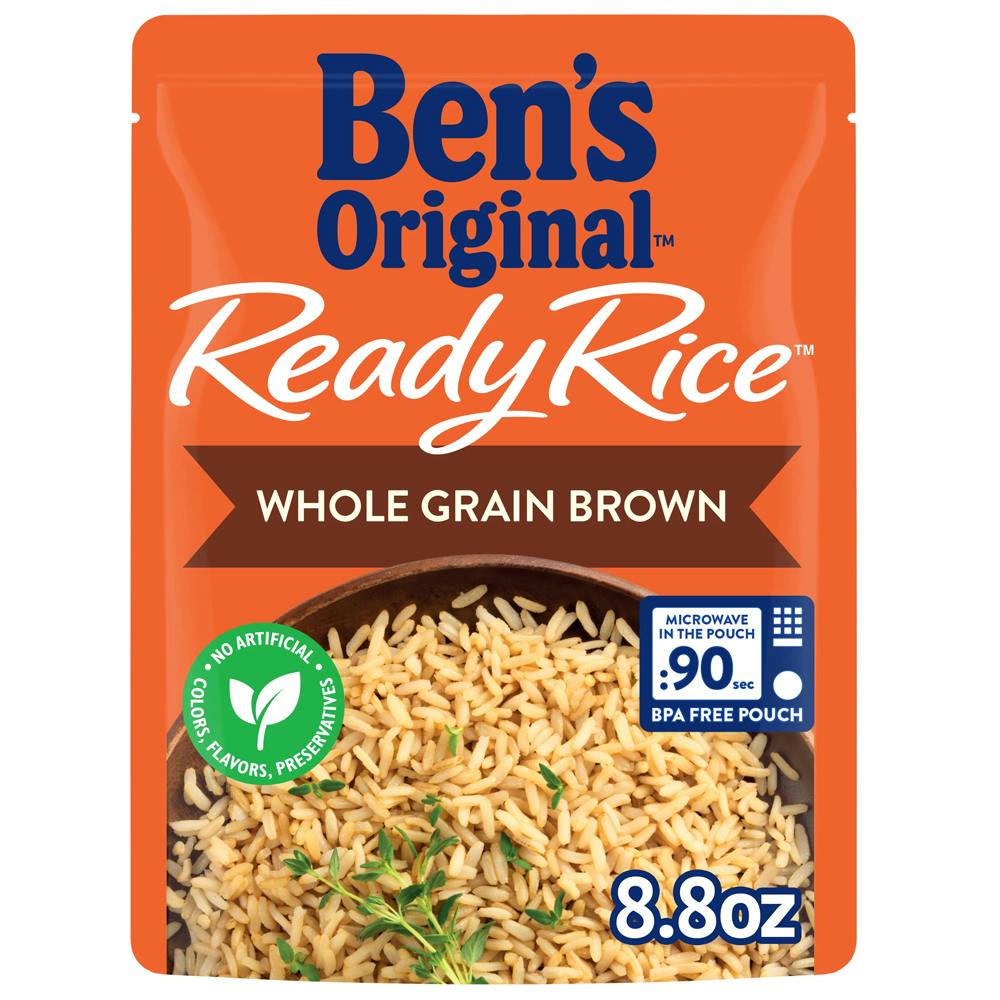
First up is a packet of Ben’s Original Ready Rice whole grain brown rice.
Some packaged rice brands contain excess salt and sugar and are very caloric. According to the FDA, 20% daily value (DV) “or more of sodium per serving is considered high.” And the same goes for added sugar. However, the Ben’s Ready Rice the dietitian recommends has 0% DV of sodium and 0% DV of added sugar, according to its nutrition label on Walmart’s site.
Whole grain brown rice does reduce one’s risk of bowel cancer as it is high in fiber and whole grains, according to Cancer Research UK. That’s why Cancer Research UK recommends “switching everyday foods such as bread, pasta or rice to their wholegrain or brown alternative.”
Furthermore, Healthline reports that the antioxidant levels in brown rice “may help prevent … cancer.” However, Healthline also reports that brown rice contains more arsenic than white rice, and “long-term consumption of arsenic” may increase your risk of cancer.
“However, this should not be a concern if you eat rice in moderation as part of a varied diet. A few servings per week should be fine,” Healthline reports.
StarKist Wild Caught Light Tuna in Water
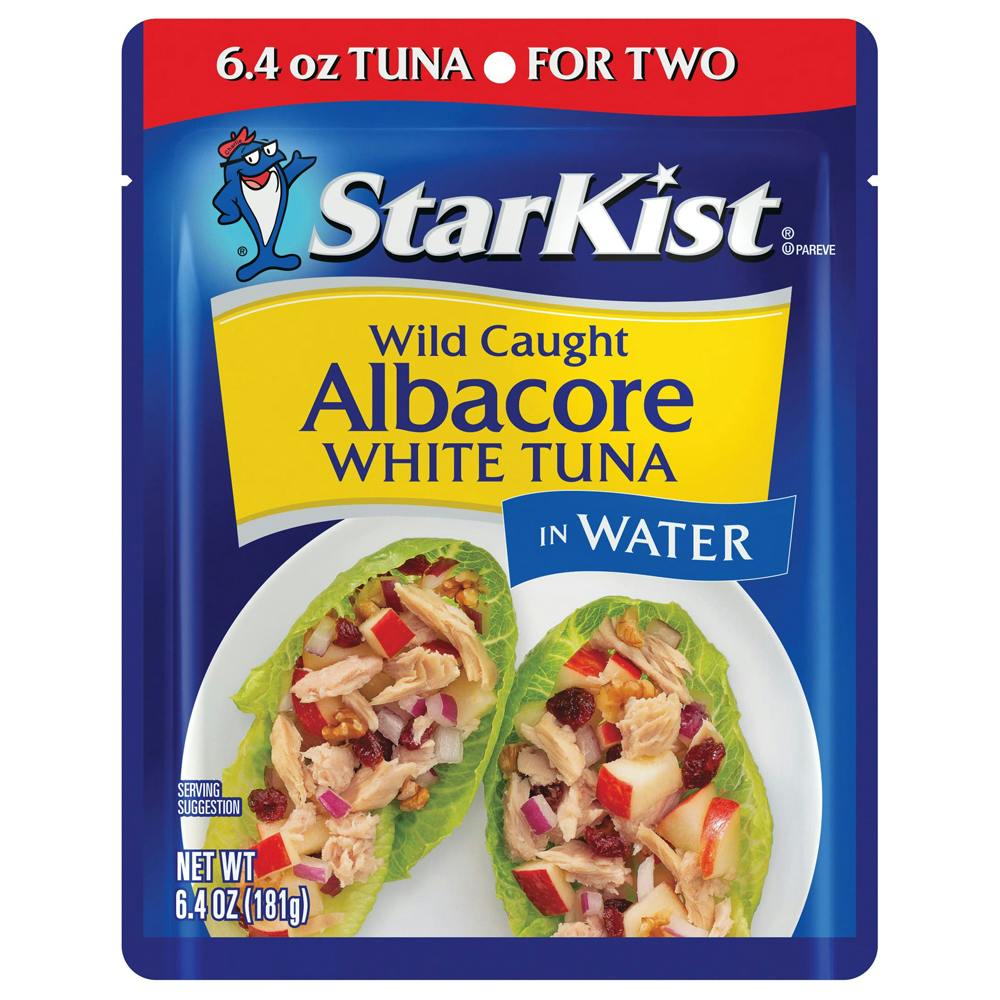
The dietitian then picks up a packet of StarKist Wild Caught Light Tuna in Water.
WebMD reports that this is true.
“Tuna’s omega-3 fatty acids are also believed to slow the growth of tumor cells and reduce inflammation in the body. This is important because many types of cancer are correlated with chronic inflammation,” WebMD reports.
And Fox Chase Cancer Center reports that, over time, chronic inflammation “can cause damage to cell DNA and affect the way cells grow and divide. That could lead to the growth of tumors and cancer.”
Pearls Kalamata Pitted Greek Olives
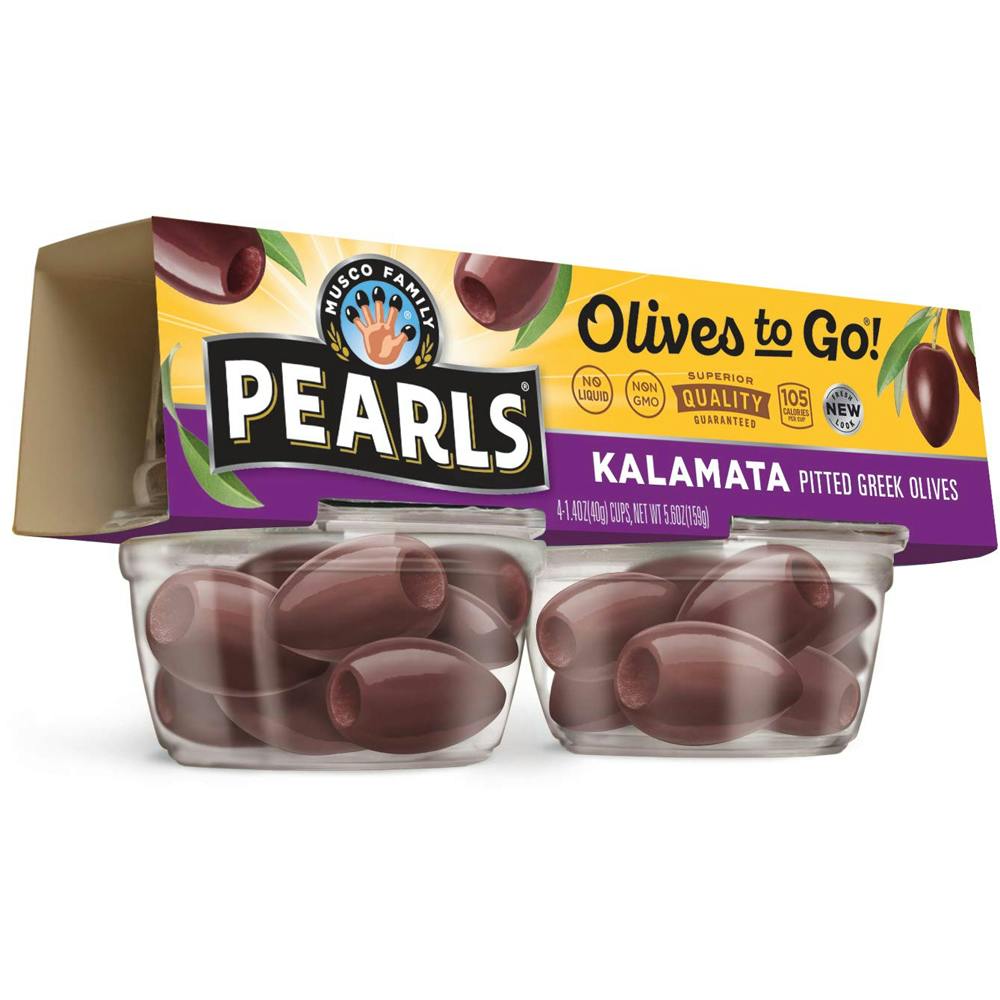
Nichole then shows a package of Pearls Kalamata Pitted Greek Olives, which consists of four to-go packs.
Healthline reports that some studies have found that consuming olives may protect against cancer. Olives contain oleic acid, which “may even help fight cancer.” They also contain an antioxidant called Tyrosol, which “may have anti-cancer effects,” Healthline further notes.
Healthline says that olives are a large part of the Mediterranean diet, and “rates of cancer and other chronic diseases are lower” in the Mediterranean region. “Thus, it’s possible that olives may help reduce your risk of cancer,” it continues.
“This may be partly due to their high antioxidant and oleic acid contents. Observational and test-tube studies reveal that these compounds disrupt the life cycle of cancer cells in the breast, colon, and stomach,” Healthline continues. “However, long-term, controlled human studies are needed to confirm these results. At this point, it’s unclear whether eating olives or olive oil leads to lower cancer rates.”
S&W Black Beans Low Sodium
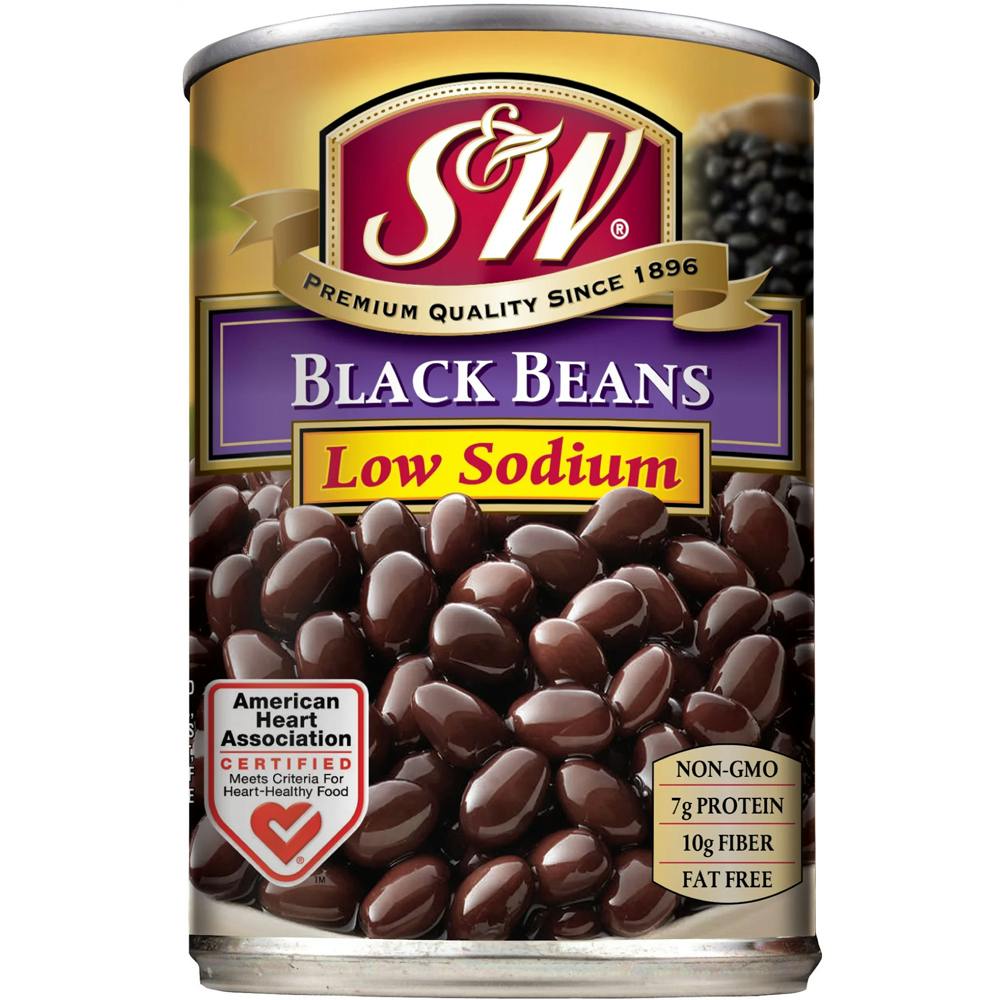
Andrews then holds up a can of low sodium black beans. Black beans contain lots of fiber and antioxidants. Because black beans are rich in fiber and antioxidants, they may lower the risk of colorectal (colon) cancer and prevent cancer cells from forming. Andrews has the low-sodium version of black beans in her hand because too much sodium can be detrimental to one’s health. A regular can of black beans can contain 20% DV of sodium per serving, which, according to the FDA, is high.
Darigold FIT
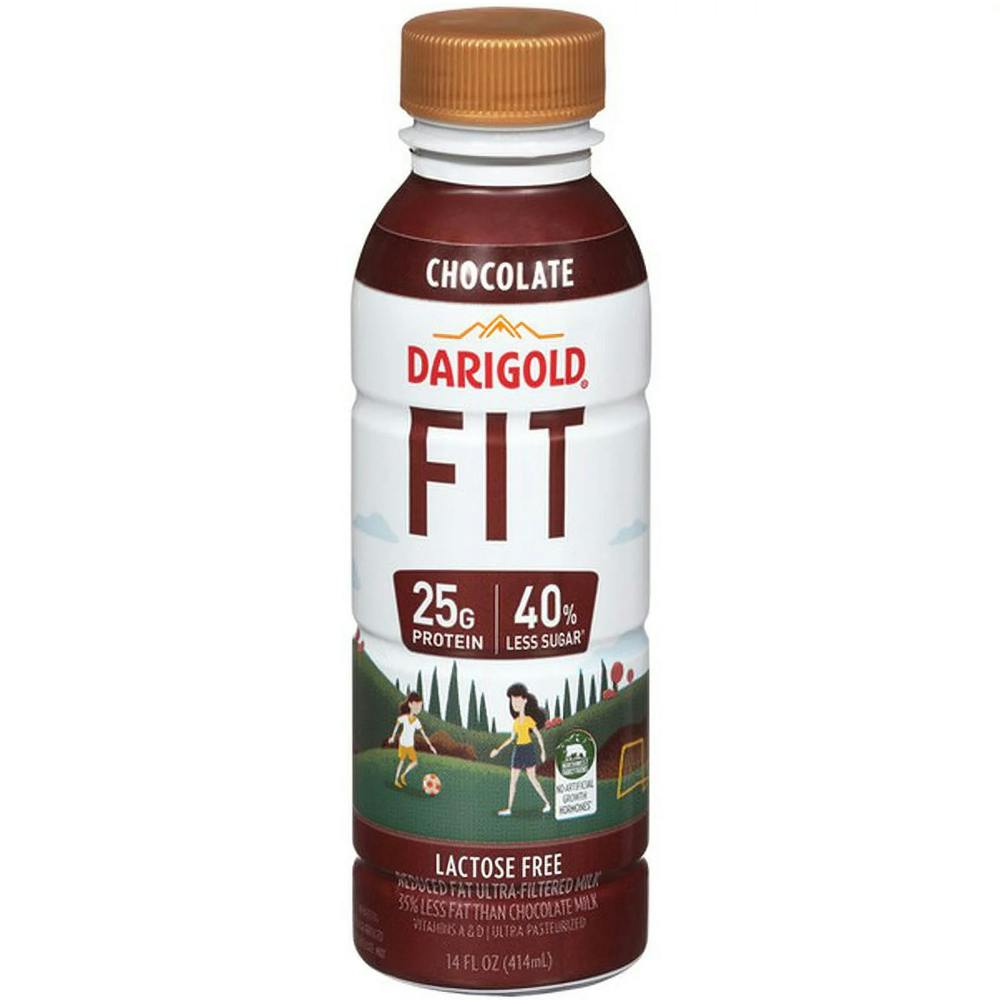
Andrews then holds up a small bottle of Darigold FIT Chocolate milk. Like many foods, dairy has both positive and negative benefits. There is inconclusive evidence regarding whether dairy reduces or increases cancer risk.
“Milk probably decreases the risk of colorectal (bowel) cancer, and there is limited suggestive evidence suggesting that it can also reduce the risk of bladder cancer,” Cancer.org reports. “However, diets high in calcium are classed as a probable cause of prostate cancer, and in addition there is also limited suggestive evidence that a high intake of dairy products is also a cause of prostate cancer.”
Further research on the correlation between dairy and cancer is needed.
Edamame
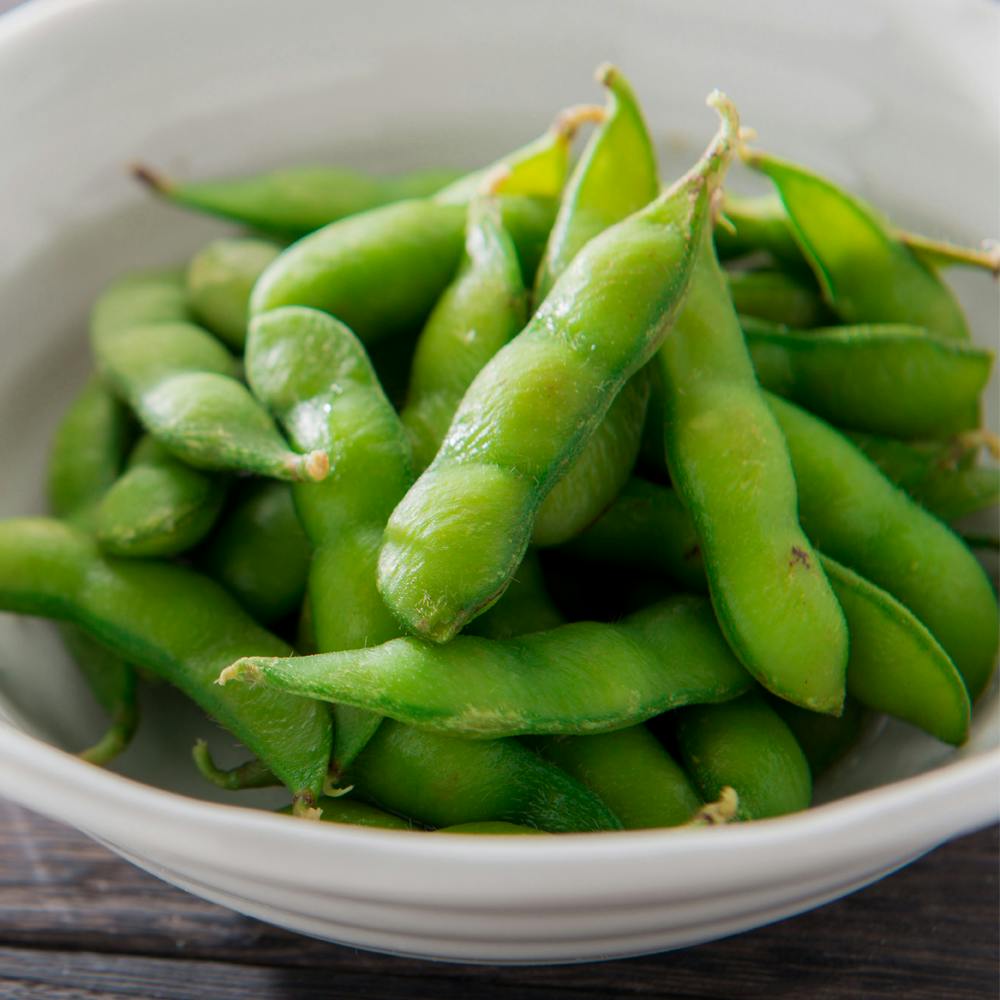
Lastly, Andrews shows a pack of frozen edamame. The Japanese green soybeans contain vitamins, iron, magnesium, and potassium. They may be good for the heart and digestive system.
A moderate amount of soy each day—one to two servings—is recommended. That is about a half of a cup of edamame.
Some studies have shown they reduce the risk of breast and prostate cancer. But like dairy, more research on the correlation between edamame and cancer is needed.
The Daily Dot reached out to Nichole via Instagram direct message and TikTok comment.
The internet is chaotic—but we’ll break it down for you in one daily email. Sign up for the Daily Dot’s web_crawlr newsletter here to get the best (and worst) of the internet straight into your inbox.


